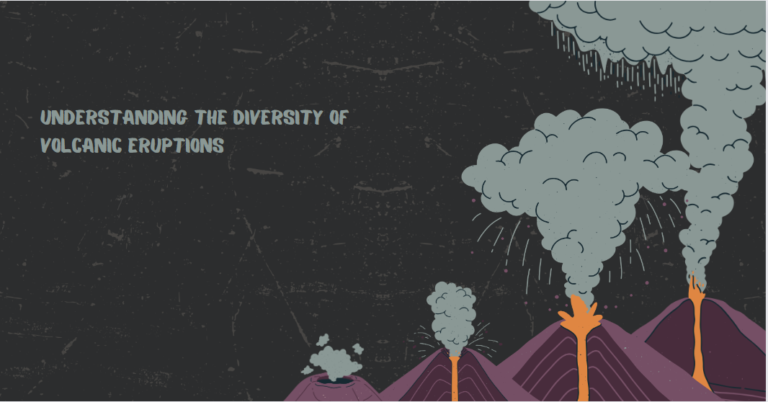[ad_1]
The Iran nuclear deal, formally known as the Joint Comprehensive Plan of Action (JCPOA), is once again in jeopardy as tensions rise between Iran and the United States. The deal, which was negotiated in 2015 and aimed at curbing Iran’s nuclear program in exchange for lifting economic sanctions, has been a point of contention since the Trump administration withdrew from it in 2018.
In recent months, Iran has been gradually scaling back its compliance with the JCPOA in response to the crippling sanctions imposed by the U.S. Meanwhile, the Biden administration has been working towards reviving the deal and engaging in talks with Iran to find a way forward. However, these efforts have been complicated by a series of recent events, including a drone attack on an Israeli-owned oil tanker in the Gulf of Oman, which the U.S. and U.K. have attributed to Iran.
The escalation of tensions in the region has raised fears that the JCPOA may again be on the brink of collapsing. The new Iranian government, led by hardline President Ebrahim Raisi, has taken a more aggressive stance towards the nuclear deal, demanding the removal of all sanctions before it will agree to return to compliance. This demand has put the Biden administration in a difficult position, as it faces pressure from domestic stakeholders and international allies to find a way to salvage the deal.
The future of the JCPOA remains uncertain, with both sides digging in their heels and refusing to make concessions. The window for diplomacy is narrowing, and if a resolution is not reached soon, the deal could collapse entirely, leading to further destabilization in the region and potentially setting off a new nuclear arms race in the Middle East.
It is clear that the stakes are high and that the fate of the JCPOA will have far-reaching implications for global security. The international community must find a peaceful and diplomatic solution to the current impasse before it is too late. Only through dialogue and cooperation can we hope to prevent a dangerous escalation of tensions and ensure a peaceful future for the region.
[ad_2]

